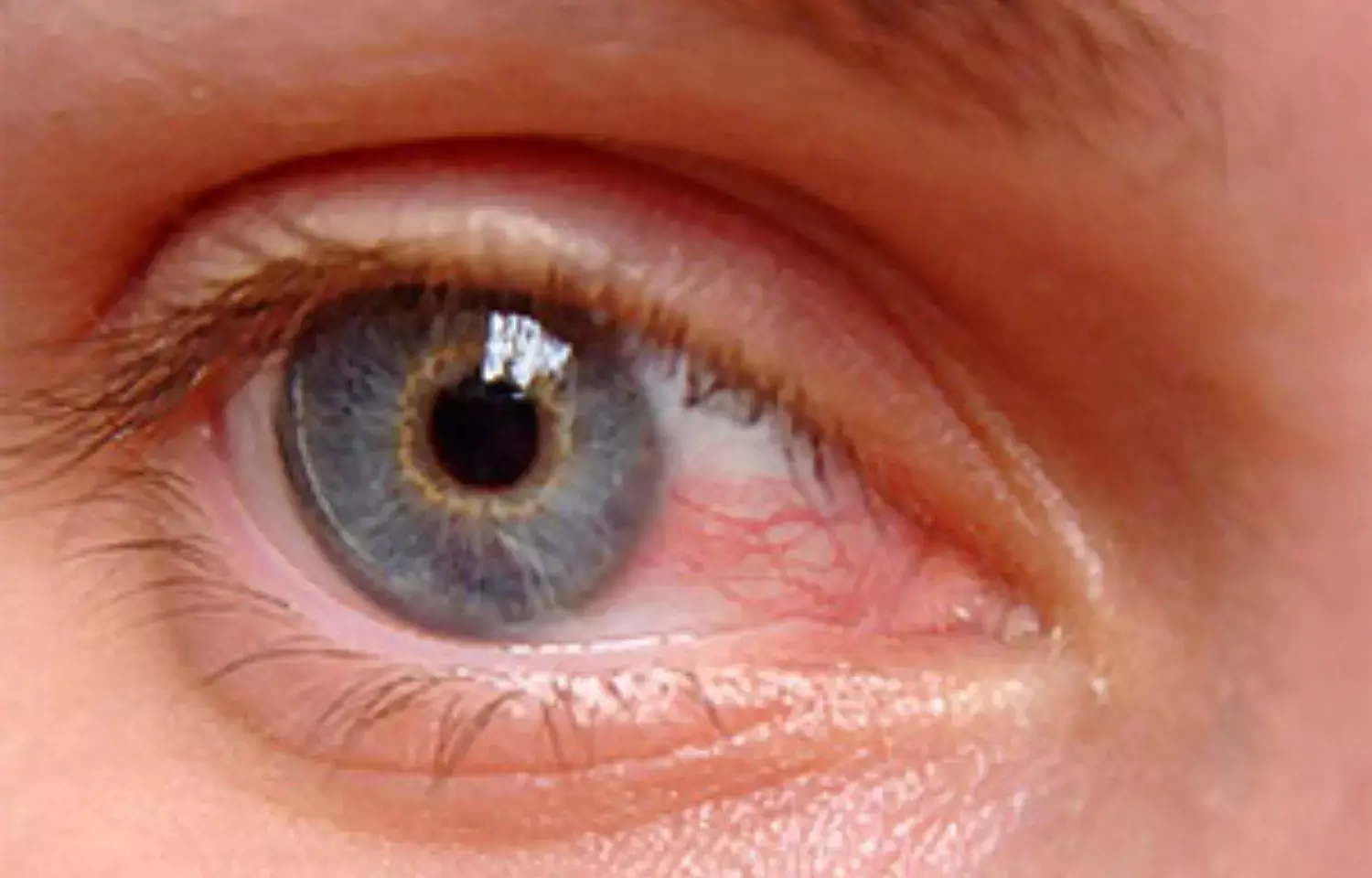- Home
- Medical news & Guidelines
- Anesthesiology
- Cardiology and CTVS
- Critical Care
- Dentistry
- Dermatology
- Diabetes and Endocrinology
- ENT
- Gastroenterology
- Medicine
- Nephrology
- Neurology
- Obstretics-Gynaecology
- Oncology
- Ophthalmology
- Orthopaedics
- Pediatrics-Neonatology
- Psychiatry
- Pulmonology
- Radiology
- Surgery
- Urology
- Laboratory Medicine
- Diet
- Nursing
- Paramedical
- Physiotherapy
- Health news
- Fact Check
- Bone Health Fact Check
- Brain Health Fact Check
- Cancer Related Fact Check
- Child Care Fact Check
- Dental and oral health fact check
- Diabetes and metabolic health fact check
- Diet and Nutrition Fact Check
- Eye and ENT Care Fact Check
- Fitness fact check
- Gut health fact check
- Heart health fact check
- Kidney health fact check
- Medical education fact check
- Men's health fact check
- Respiratory fact check
- Skin and hair care fact check
- Vaccine and Immunization fact check
- Women's health fact check
- AYUSH
- State News
- Andaman and Nicobar Islands
- Andhra Pradesh
- Arunachal Pradesh
- Assam
- Bihar
- Chandigarh
- Chattisgarh
- Dadra and Nagar Haveli
- Daman and Diu
- Delhi
- Goa
- Gujarat
- Haryana
- Himachal Pradesh
- Jammu & Kashmir
- Jharkhand
- Karnataka
- Kerala
- Ladakh
- Lakshadweep
- Madhya Pradesh
- Maharashtra
- Manipur
- Meghalaya
- Mizoram
- Nagaland
- Odisha
- Puducherry
- Punjab
- Rajasthan
- Sikkim
- Tamil Nadu
- Telangana
- Tripura
- Uttar Pradesh
- Uttrakhand
- West Bengal
- Medical Education
- Industry
Conjunctival autograft surgery ideal option for cases of recurrent pterygium

USA: For the treatment of recurrent pterygium, conjunctival autograft (CAU) results in less repeat recurrence compared to amniotic membrane grafting (AMG), a recent study has suggested.
The study, published in the Canadian Journal of Ophthalmology, further found that the intraoperative use of mitomycin-C (MMC) decreased the recurrence rate but was not statistically significant and was associated with complications.
Conjunctival autograft and amniotic membrane grafting with mitomycin-C are touted to be the most effective for treating primary pterygium, but the optimal surgical treatment of recurrent pterygium is not well established. Hyunjoo Jean Lee, Department of Ophthalmology, Boston University School of Medicine, Boston, Mass, and colleagues therefore aimed to investigate recurrence rates after recurrent pterygium excision surgery performed with CAU or AMG with or without MMC.
For this purpose, the researchers performed a retrospective review of adult patients who underwent recurrent pterygium excision surgery at Boston Medical Center between January 1999 and July 2019. Comparison of postoperative recurrence rates was done between surgical treatment groups: CAU + MMC, CAU, AMG + MMC, and AMG. Postoperative and any intraoperative complications were recorded.
The following were the key findings of the study:
- 41 eyes of 38 patients were identified who underwent recurrent pterygium excision surgery that met inclusion criteria.
- The observed postoperative recurrence rates were 0% (0 of 8 eyes) with CAU + MMC, 17.7% (3 of 17 eyes) with CAU, 45.5% (5 of 11 eyes) with AMG + MMC, and 80.0% (4 of 5 eyes) with AMG.
- The postoperative recurrence rate was significantly lower with CAU than with AMG, both with and without adjuvant MMC.
- There were no statistically significant differences in repeat recurrence rates with or without MMC with CAU or with AMG.
- There was 1 reported case of possible complication from MMC resulting in complete amniotic membrane melt.
"Our findings suggests that in the treatment of recurrent pterygium, CAU results in less repeat recurrence than AMG," the authors wrote.
"Intraoperative MMC use may decrease the recurrence rate, but it is not statistically significant and may be associated with complications," they concluded.
Reference:
Kim YJ, Rao R, Lee HJ. Comparison of surgical techniques for recurrent pterygium. Can J Ophthalmol. 2022 Jun 22:S0008-4182(22)00175-2. doi: 10.1016/j.jcjo.2022.05.011. Epub ahead of print. PMID: 35750200.
Dr Kamal Kant Kohli-MBBS, DTCD- a chest specialist with more than 30 years of practice and a flair for writing clinical articles, Dr Kamal Kant Kohli joined Medical Dialogues as a Chief Editor of Medical News. Besides writing articles, as an editor, he proofreads and verifies all the medical content published on Medical Dialogues including those coming from journals, studies,medical conferences,guidelines etc. Email: drkohli@medicaldialogues.in. Contact no. 011-43720751


